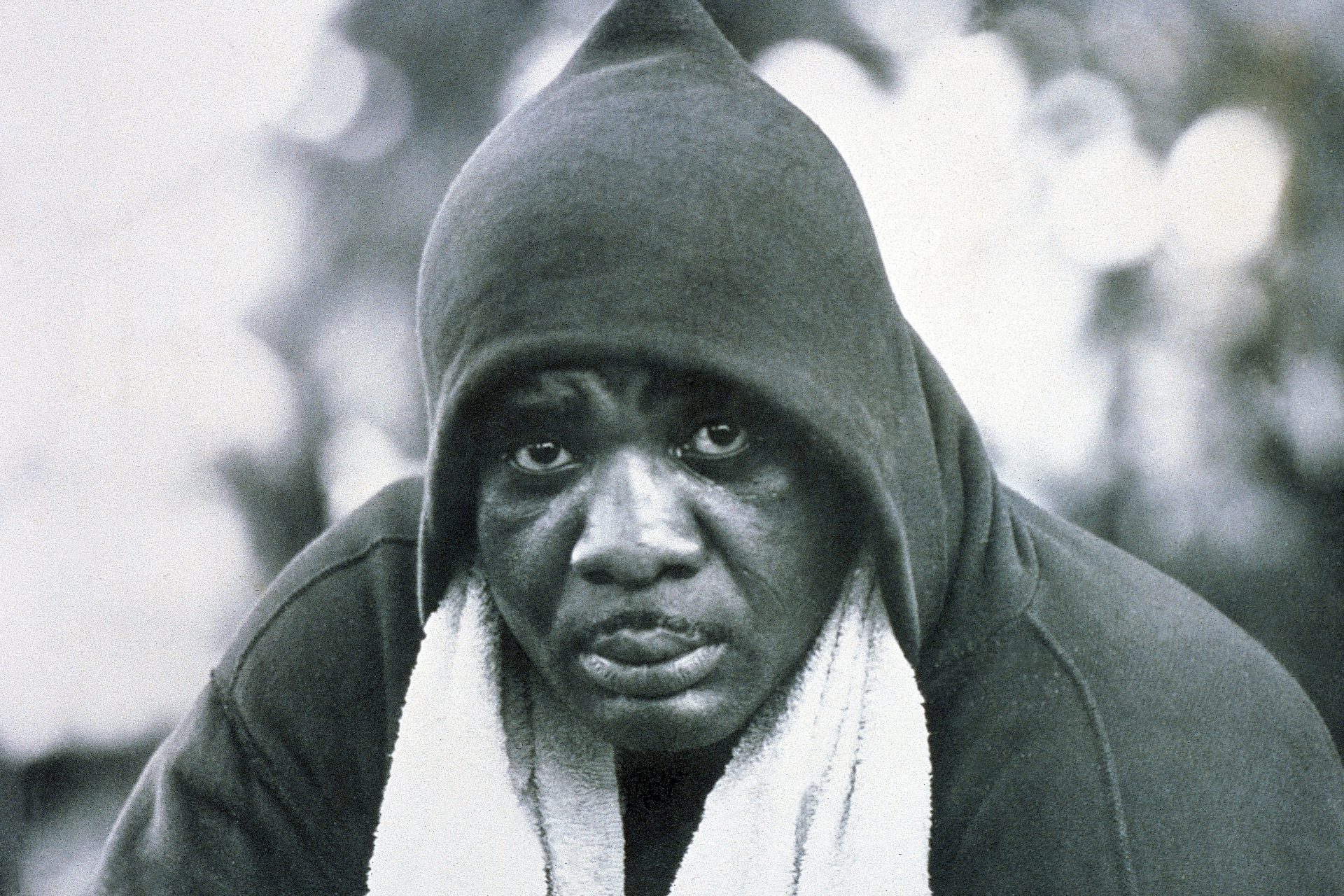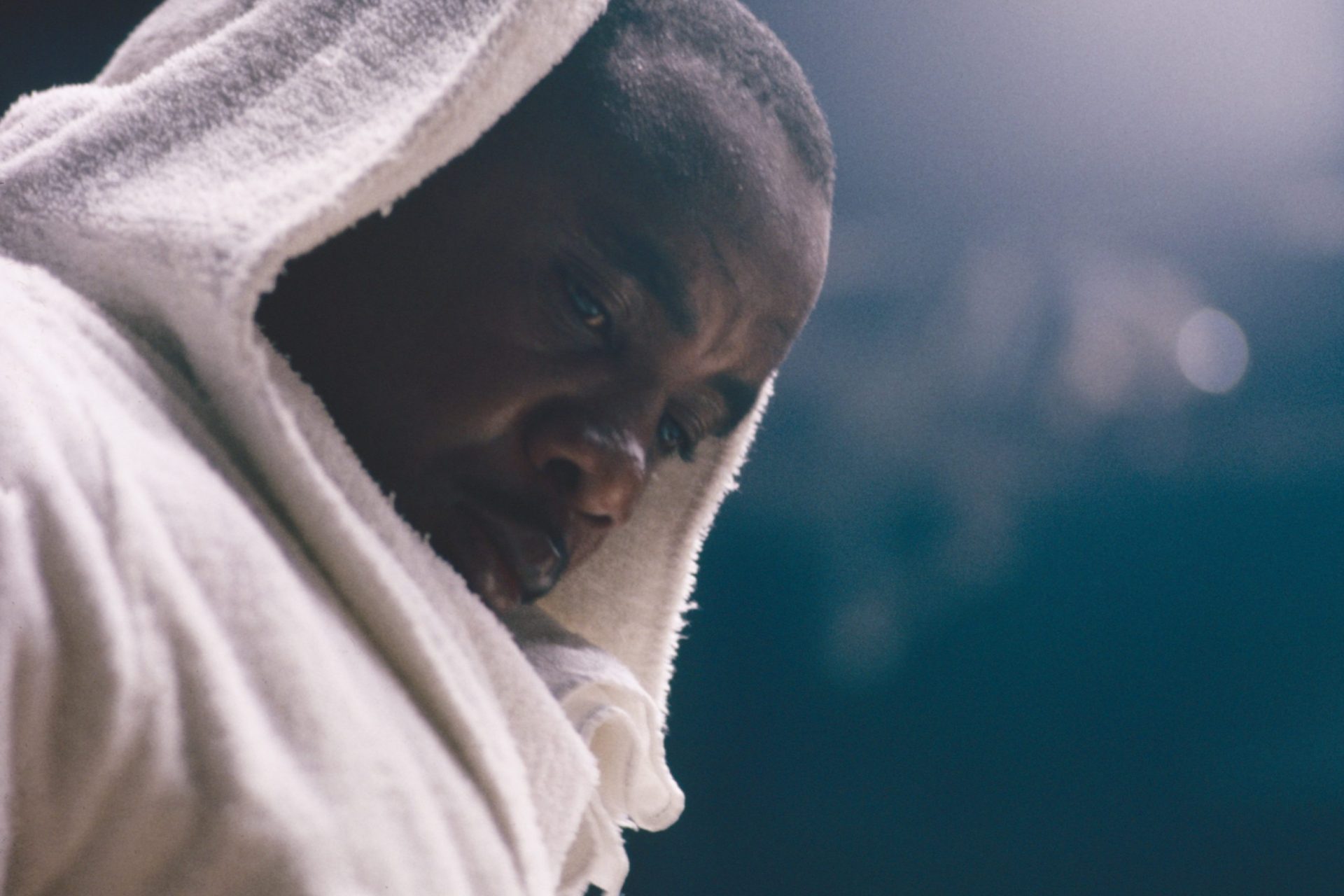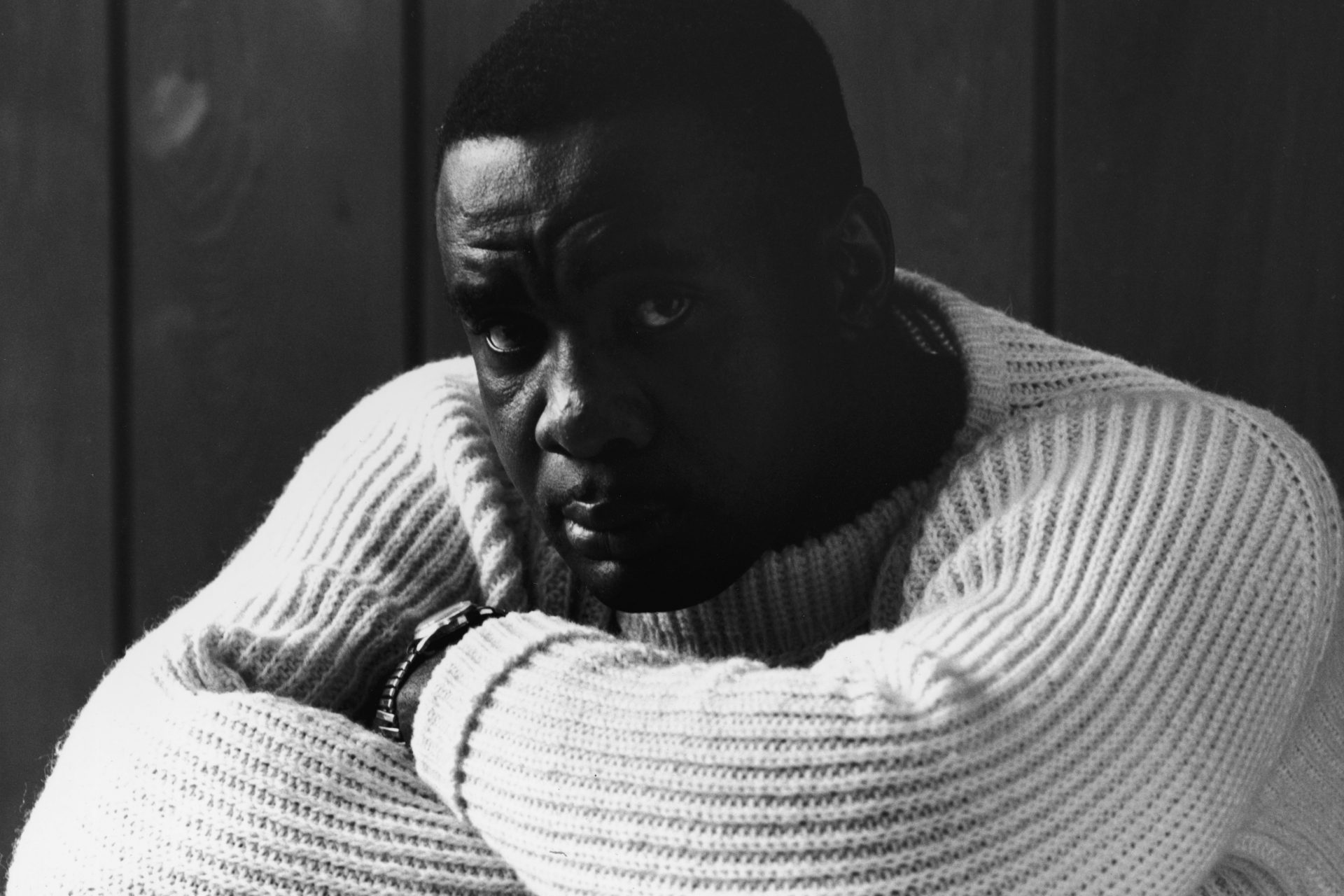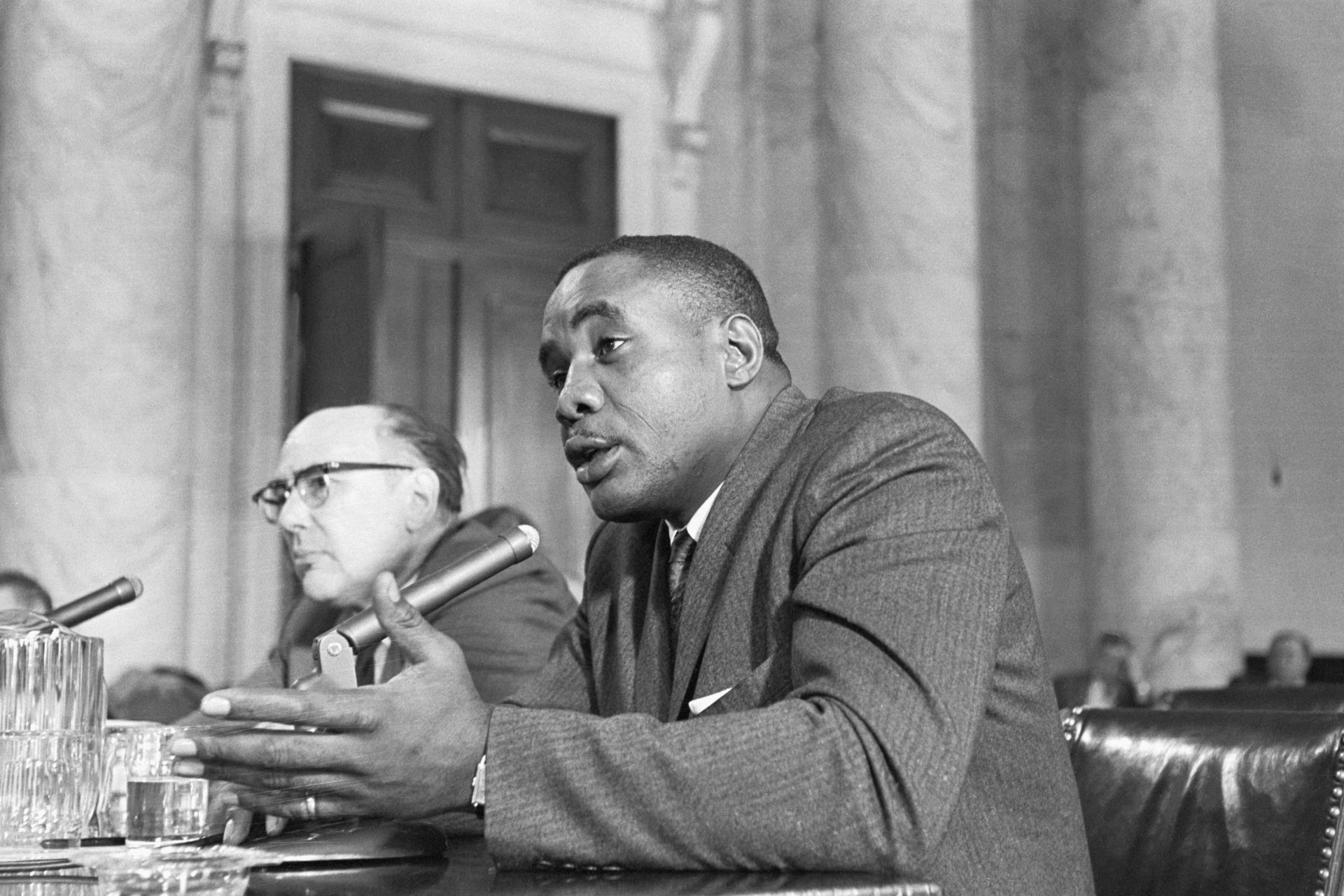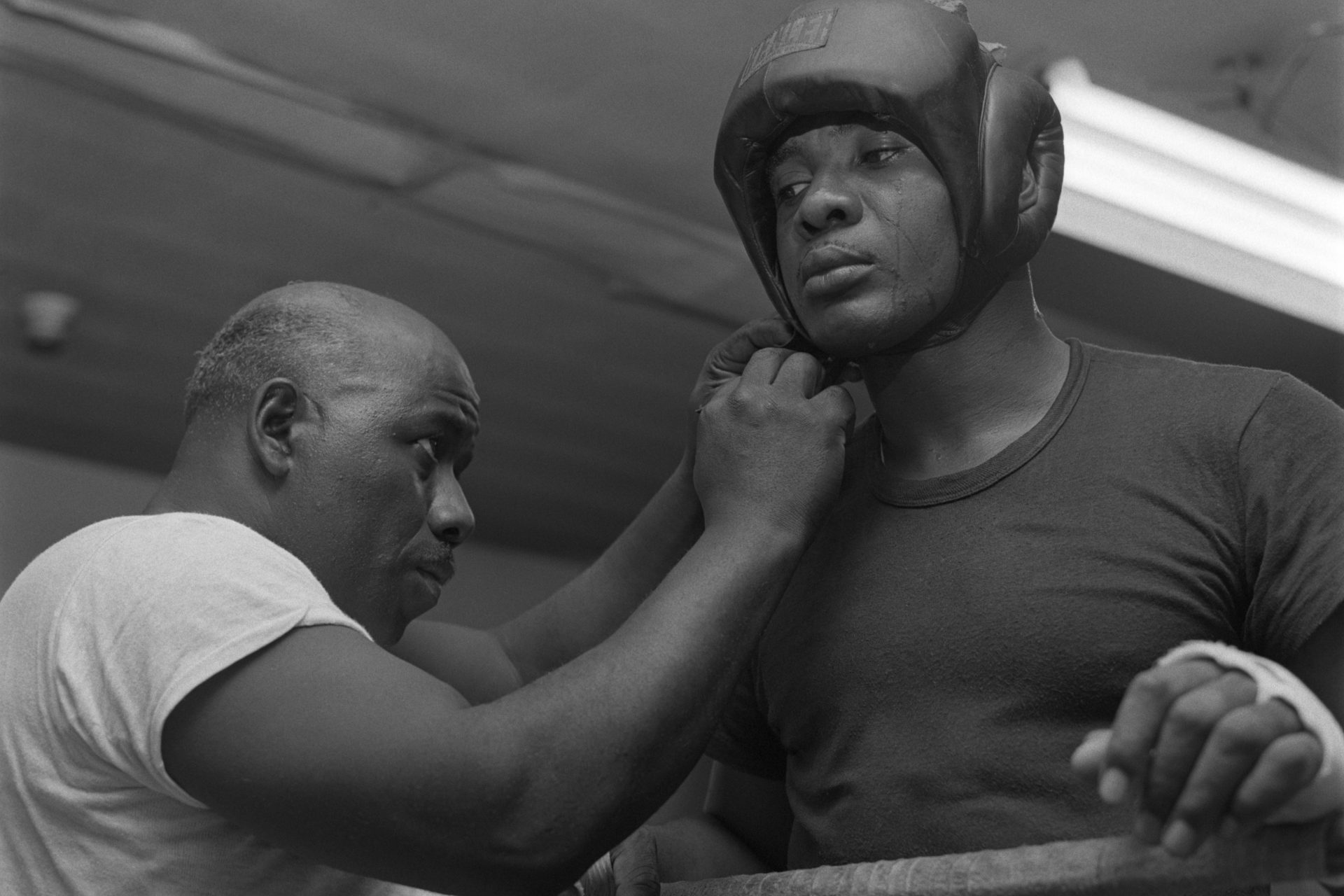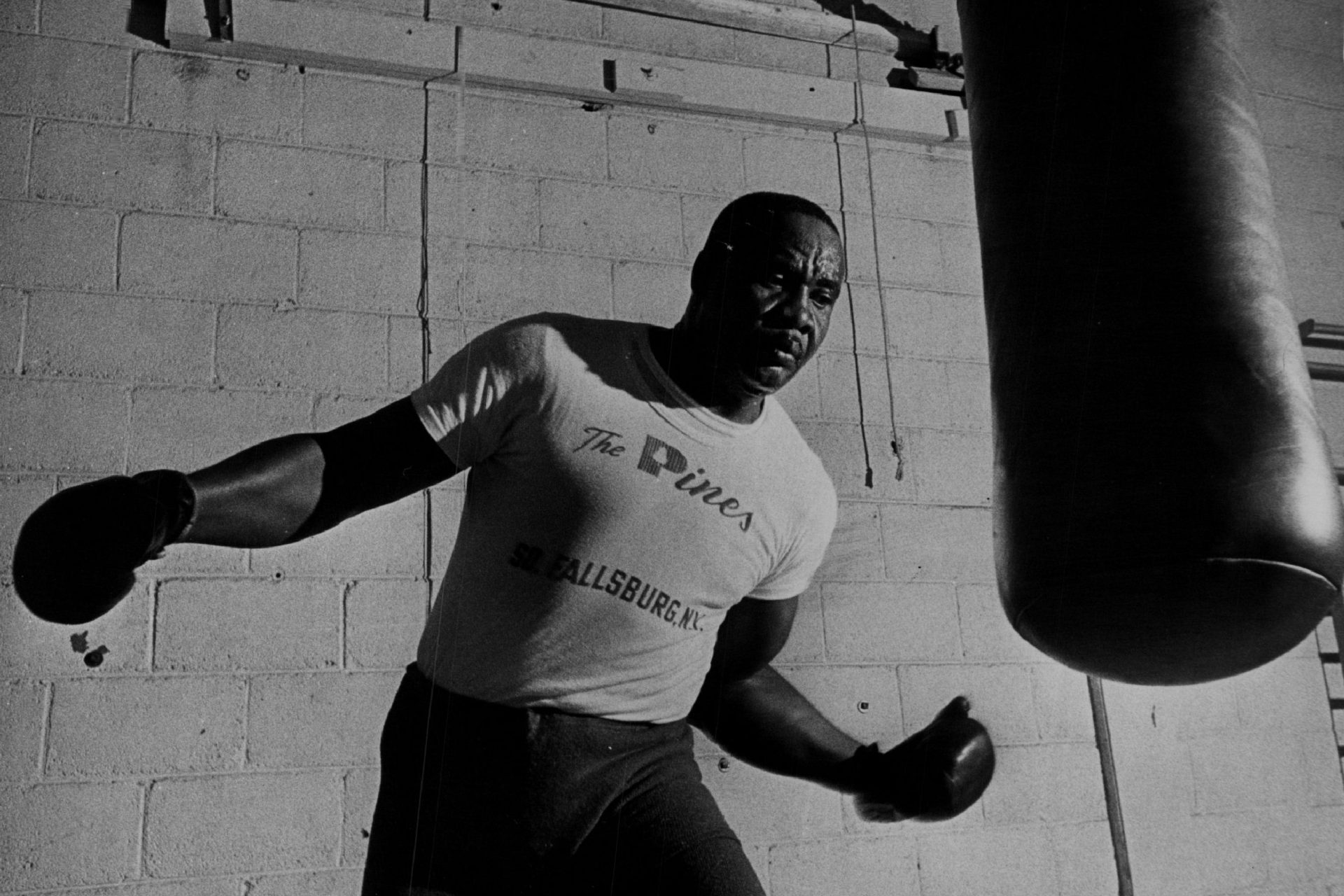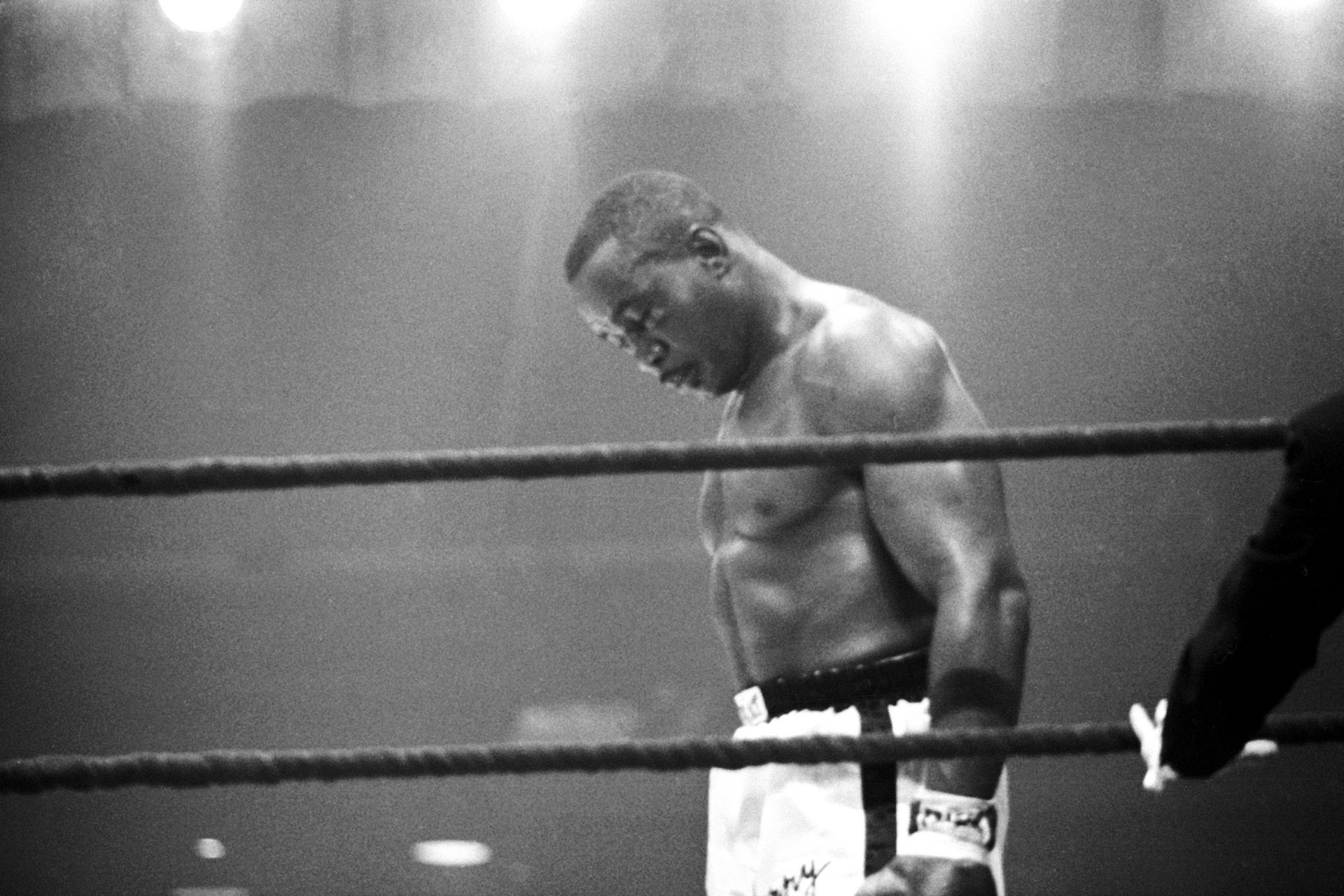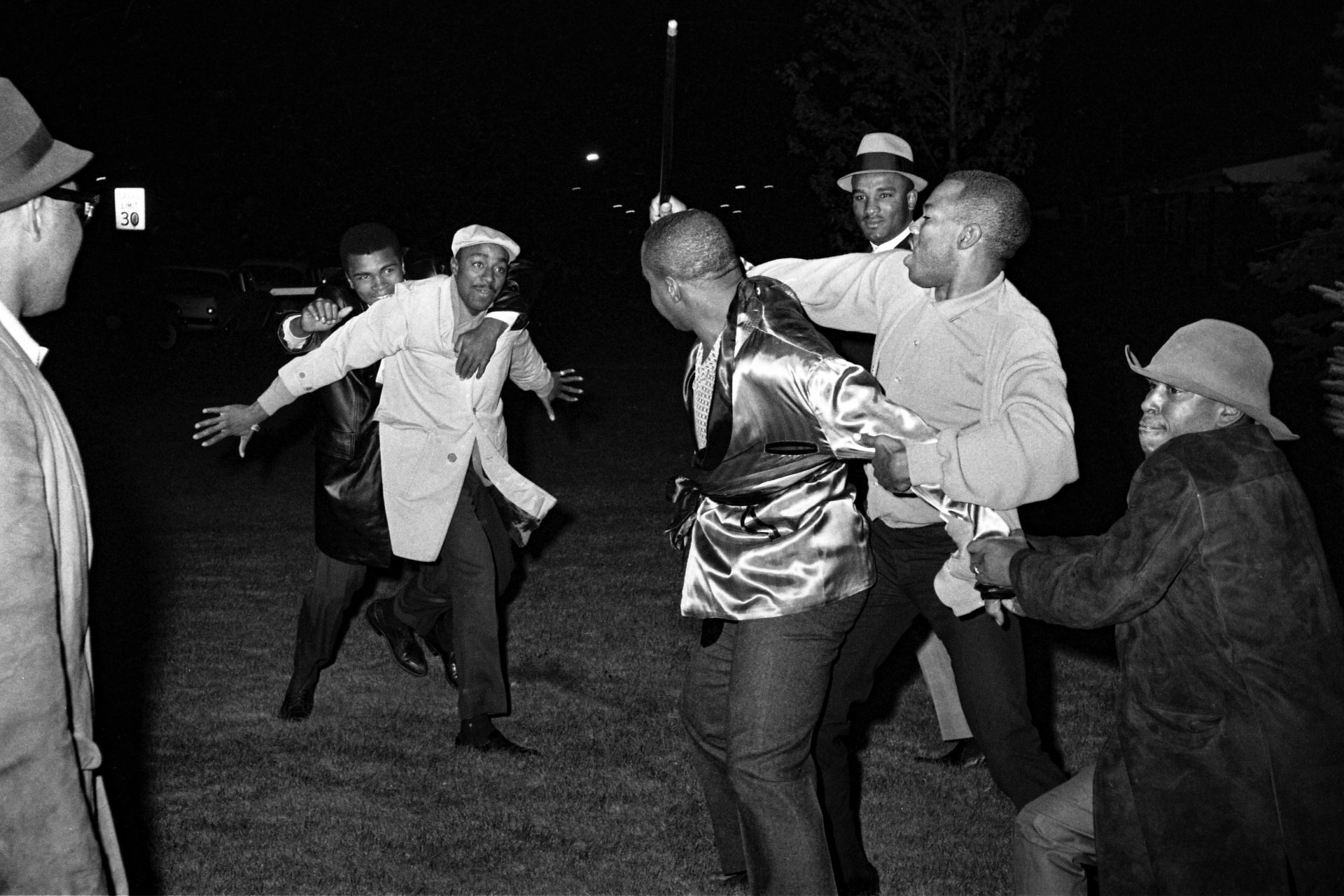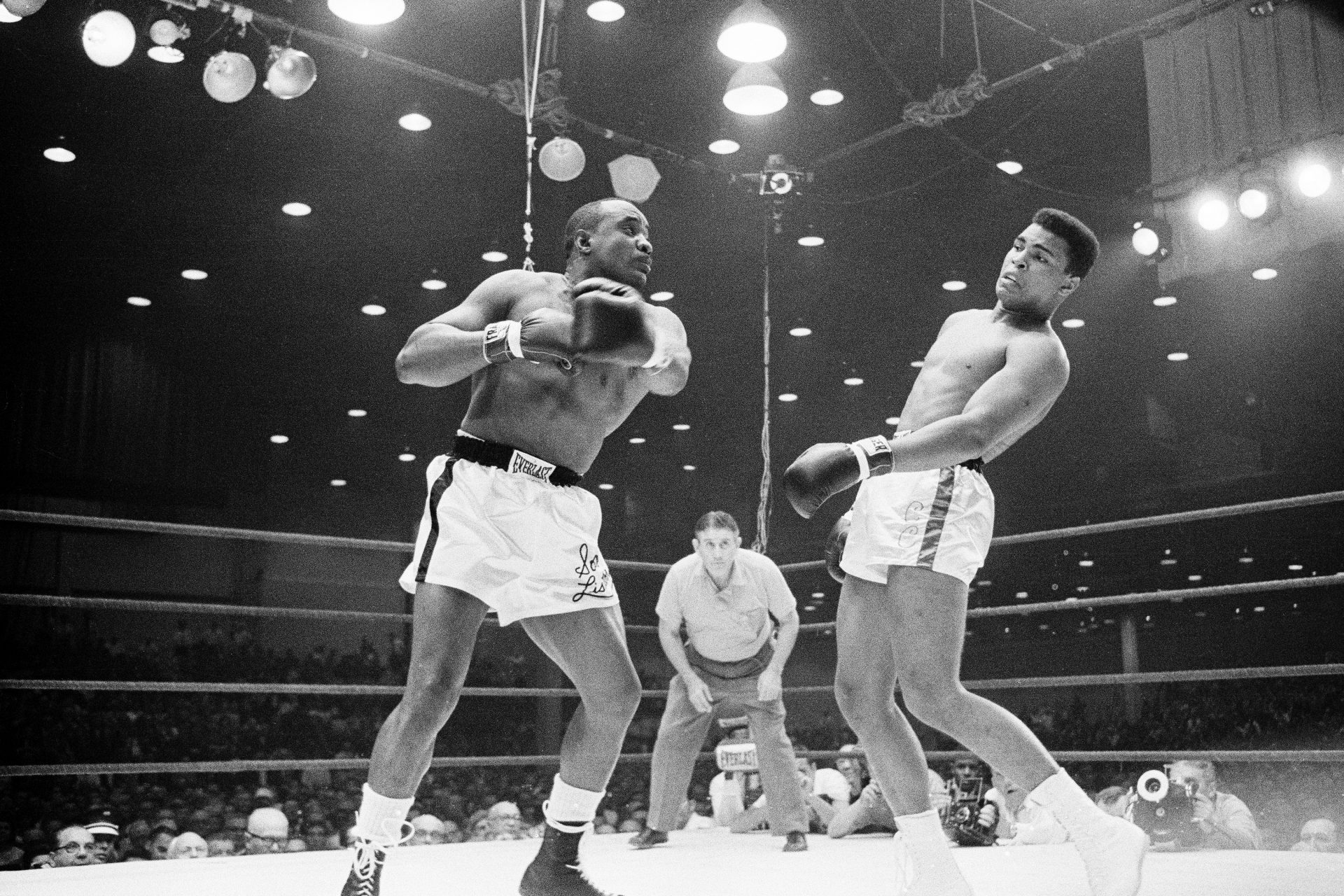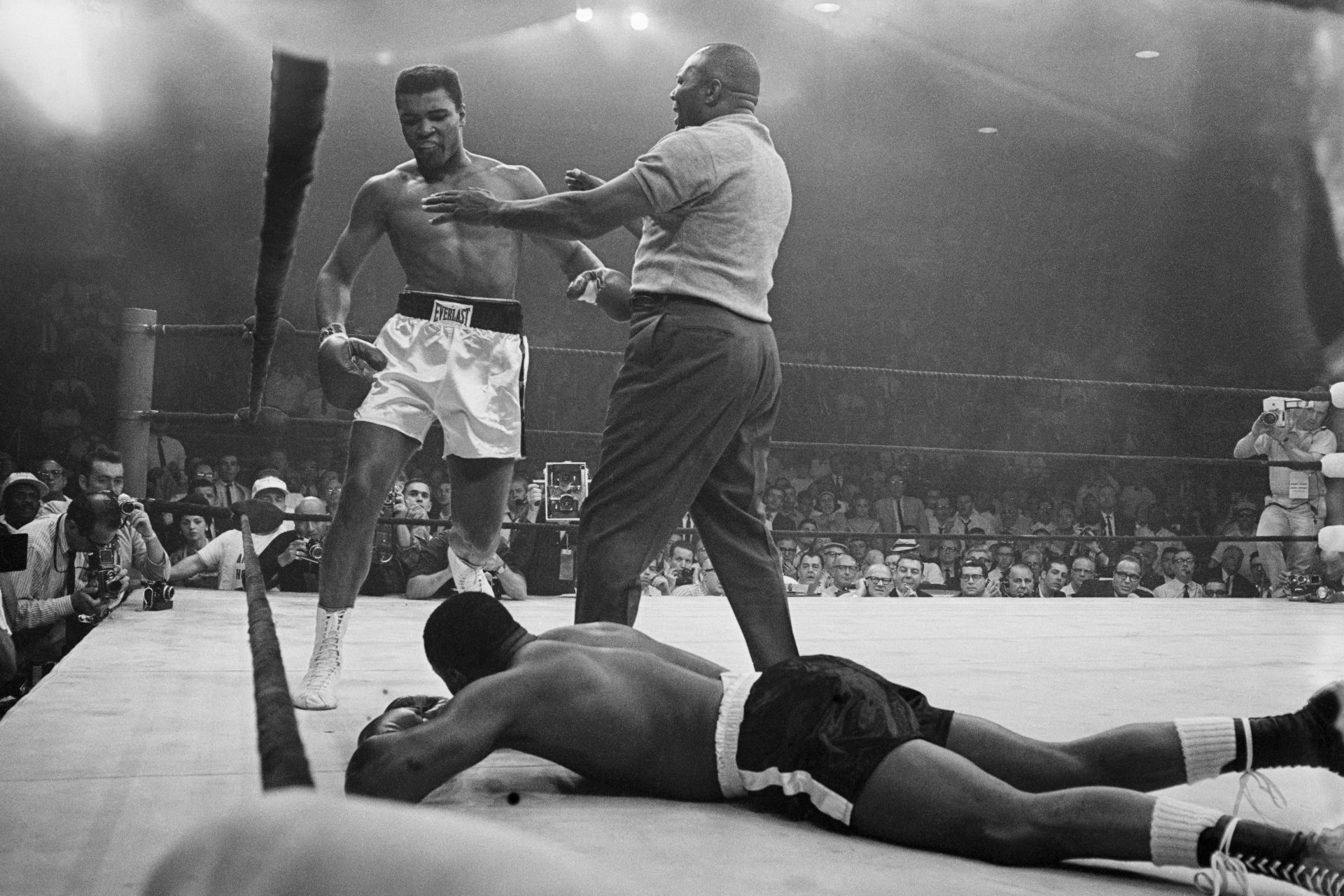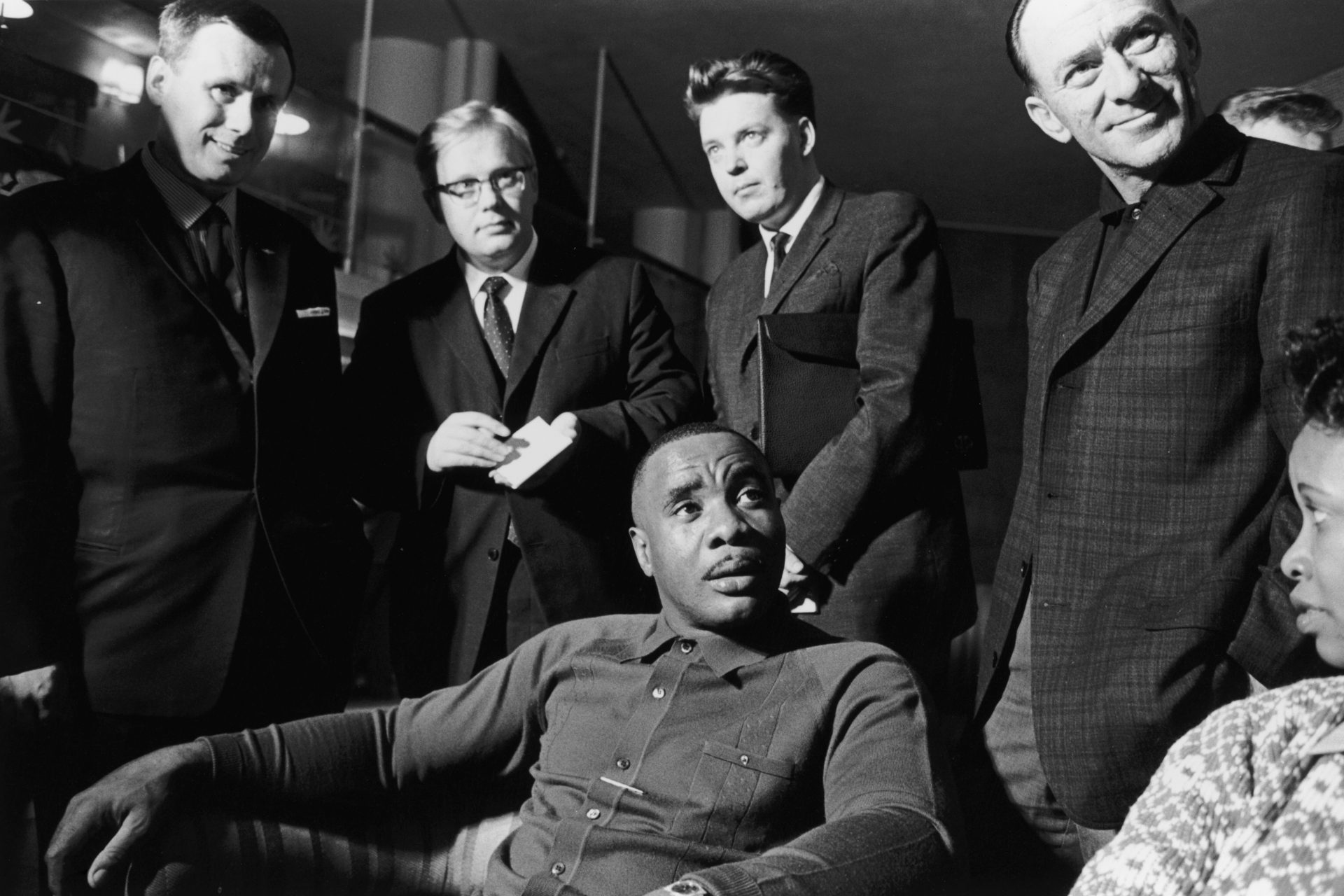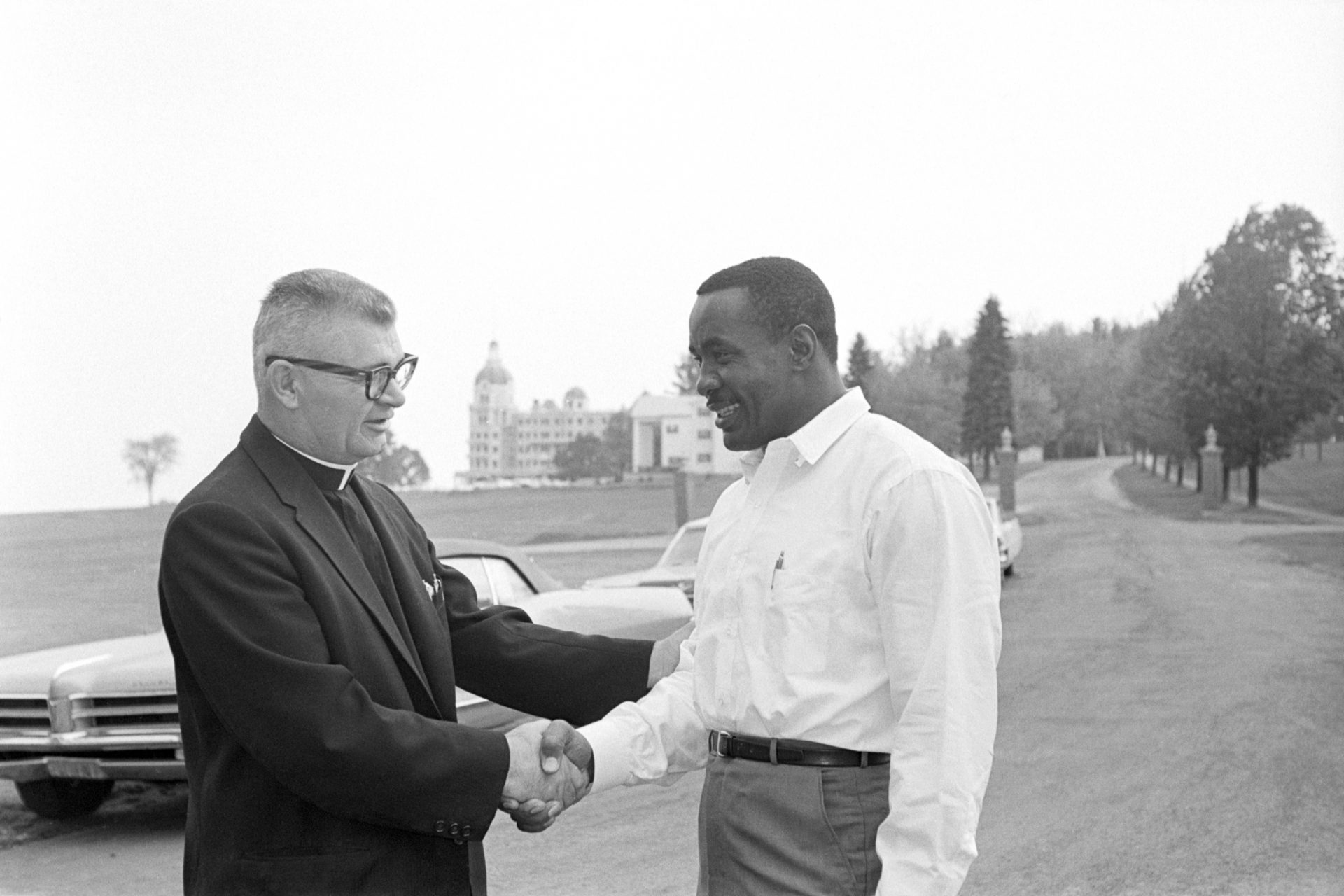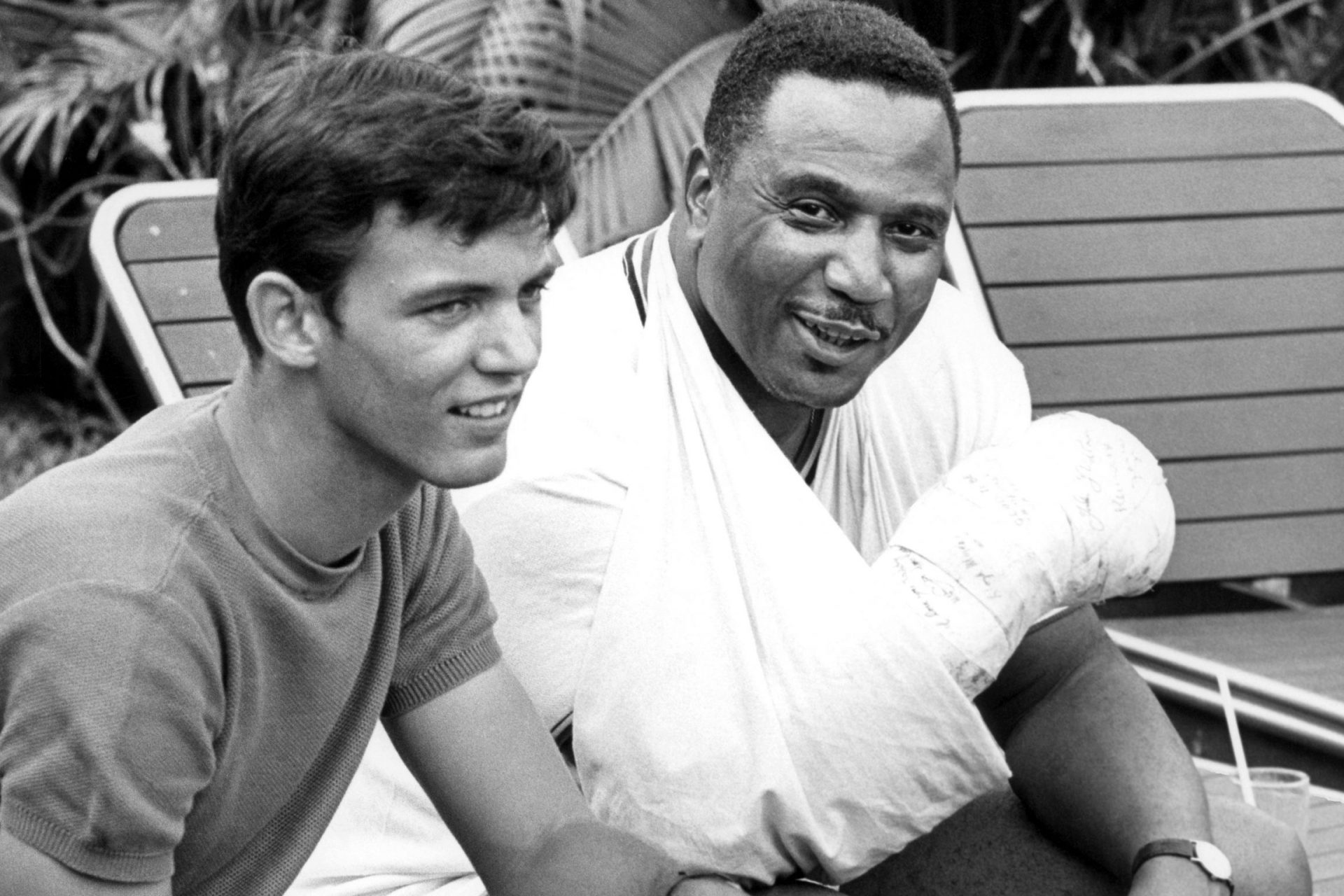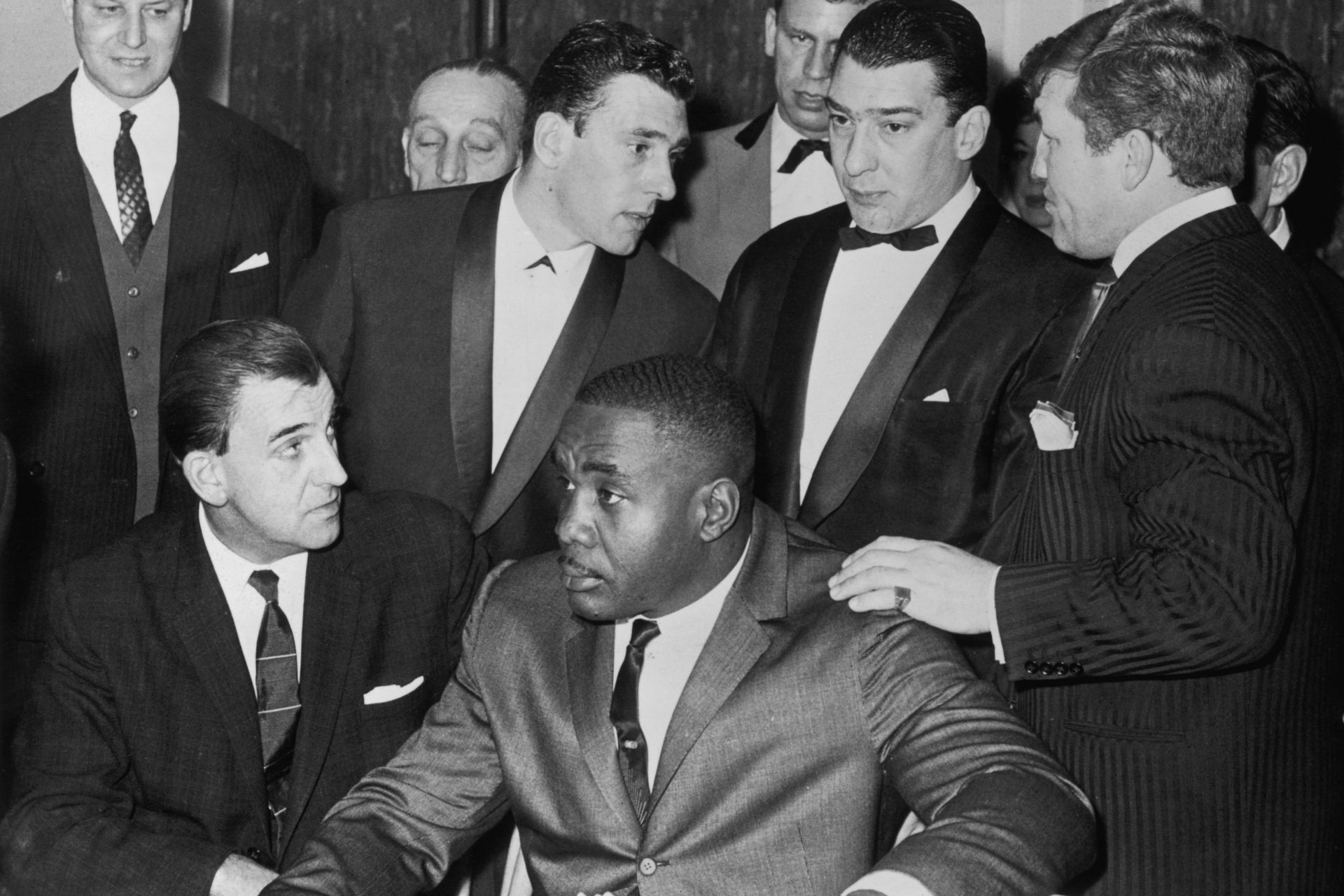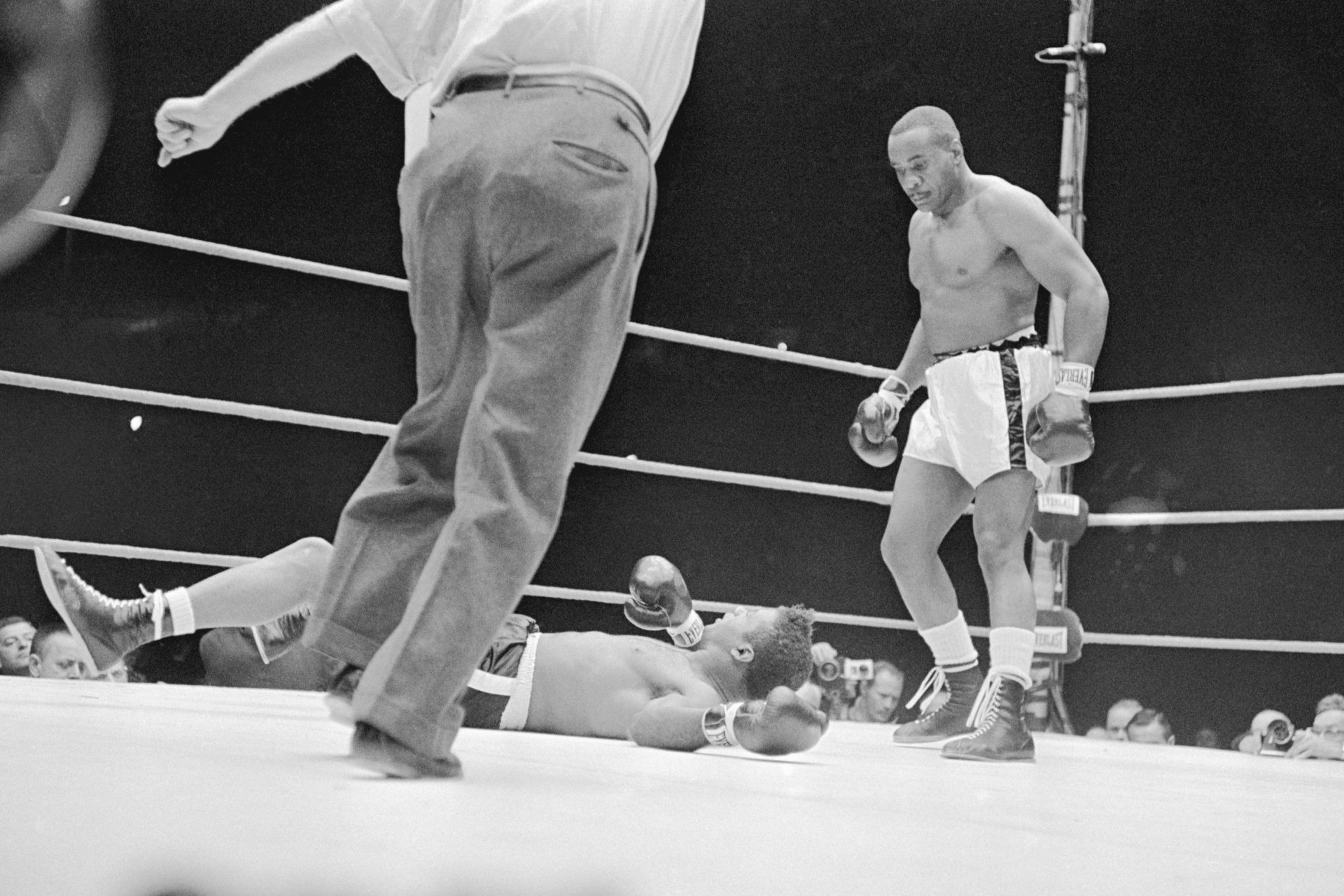Sonny Liston: The wild life and mysterious death of boxing’s most-feared man
Charles "Sonny" Liston was a man of contradictions – a fearsome heavyweight champion whose strength and presence struck terror into opponents and spectators alike, but whose life outside the ring was as tumultuous as it was enigmatic
From a troubled upbringing to a meteoric rise in boxing, and ultimately, a mysterious and controversial death, Liston’s story is one of triumph, controversy, and tragedy.
Born into poverty around 1930 – though his exact birthdate remains uncertain – in rural Arkansas, Sonny Liston was the 24th of 25 children in a deeply troubled household. His father, Tobe Liston, was a harsh and abusive figure, and by the age of 13, Sonny had left home, seeking refuge in the streets of St. Louis.
Want to see more like this? Follow us here for daily sports news, profiles and analysis!
There, he quickly fell into a life of crime, committing petty thefts and robberies. A stint in Missouri State Penitentiary for armed robbery in the early 1950s seemed to spell doom for his future.
Yet, it was behind bars that Liston found his calling. Under the guidance of prison officials who noticed his immense physical strength and natural talent, he began boxing – a decision that would alter the course of his life, as Jefferson City Magazine later recounted.
Liston’s professional boxing career began in 1953, and it didn’t take long for him to make an impact. Standing 6’1” with a 84-inch reach and devastating power, he quickly earned a reputation as a formidable force in the heavyweight division.
By 1962, Liston had climbed to the top, dismantling Floyd Patterson in a single round to become the heavyweight champion of the world. The rematch a year later ended with the same result – another first-round knockout – cementing Liston’s reign as one of the most feared champions in boxing history.
However, Liston’s rise was shadowed by controversy. His ties to organized crime, particularly the mob which he allegedly worked for as an enforcer – even in his champion years, as Box Raw recounted – and his troubled past made him a polarizing figure.
Unlike the charismatic Muhammad Ali or the beloved Joe Louis, Liston struggled to win the public’s affection. He was viewed as an outsider – a symbol of fear rather than inspiration.
Liston’s reign as champion came to an abrupt and shocking end in 1964 when he faced a young, brash challenger named Cassius Clay, who would later become Muhammad Ali.
Want to see more like this? Follow us here for daily sports news, profiles and analysis!
Despite being a heavy favorite, Liston was outclassed, outmanoeuvred, and ultimately failed to answer the bell for the seventh round, losing his title in what remains one of the biggest upsets in boxing history.
The rematch in 1965 only deepened the mystery surrounding Liston. In the first round, Ali delivered a quick right hand – a punch that many to this day claim they never saw – and Liston collapsed to the canvas.
Dubbed the "Phantom Punch," the knockout sparked widespread speculation of a fix, with theories ranging from mob interference to Liston throwing the fight out of fear for his life, as ESPN retold in their 'Classics' series.
Although Liston publicly denied throwing the fight, Sports Illustrated writer Mark Kram later claimed that Liston privately admitted otherwise. "That guy [Ali] was crazy," Liston reportedly said. "I didn’t want anything to do with him. And the Muslims were rising up. Who needed that? So I went down. I wasn’t hit."
Post-Ali, Liston’s career spiralled downward. Though he continued to fight and win, his days as a dominant force were over. Behind the scenes, his life remained chaotic. He struggled with substance abuse, and whispers of his involvement in criminal activities never ceased.
Despite his troubled reputation, those close to him described a man who was often misunderstood – a private, soft-spoken individual who had been hardened by life’s circumstances but sought peace and acceptance in a world that rarely offered it.
On January 5, 1971, Sonny Liston was found dead in his Las Vegas home by his wife, Geraldine. The official cause of death was listed as heart failure, but questions immediately arose. The discovery of an opioid and a syringe at the scene led many to suspect a drug overdose, though Liston had never been known to inject drugs.
Others believe foul play was involved, possibly tied to his connections with organized crime. Was he silenced by the mob? Was it an accidental overdose, or even a cover-up? There is no shortage of theories, but decades later, the true cause of his death remains one of boxing’s great mysteries.
Sonny Liston’s legacy is as complex as the man himself. Inside the ring, he was a force of nature – one of the most feared and powerful heavyweights in history. Outside the ring, he was a symbol of the harsh realities of life in mid-20th-century America: poverty, crime, and racial prejudice.
Though he never enjoyed the adoration of fans or the media, Liston’s impact on boxing is undeniable.
Want to see more like this? Follow us here for daily sports news, profiles and analysis!
More for you
Top Stories



